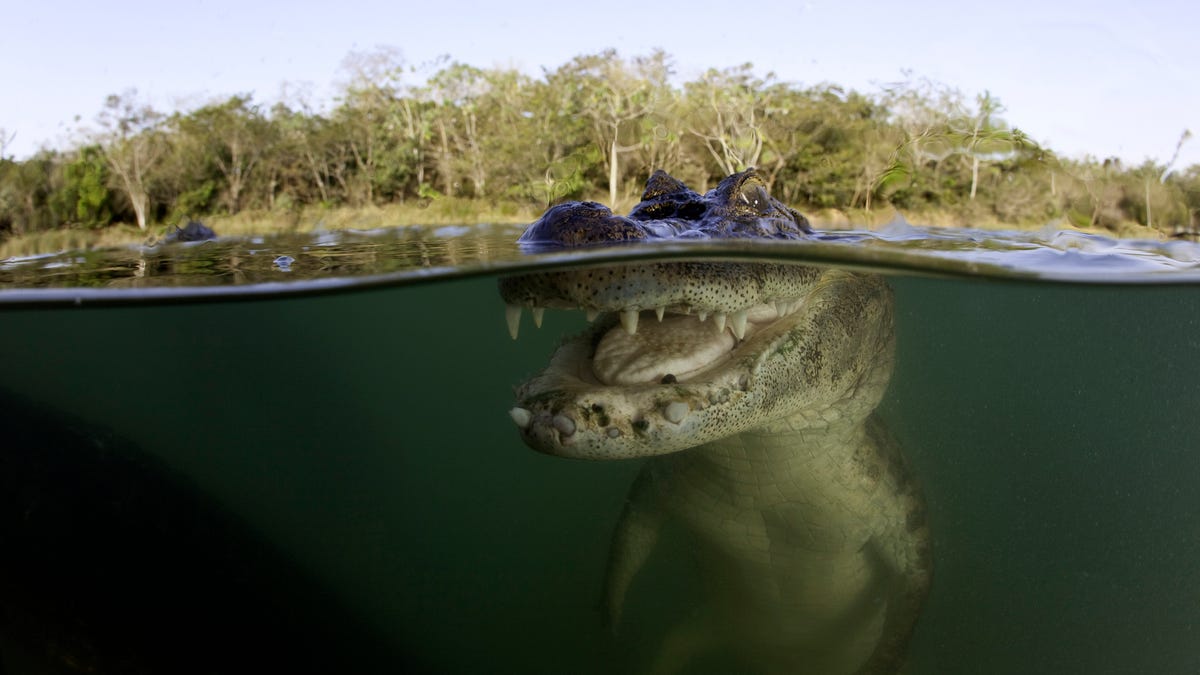You see, the earliest fish happened only about 350 million year ago (Carboniferous era) out of the 4.78 billion years of Earth. Since then, many species have come and gone. How long do you think humans will last? Perhaps we will be able to establish colonies on Mars, but we cannot take our future billions to Mars. I do not think we can go to a planet of any other star in the Milky Way galaxy, so talking about other galaxies is Star Trek, the distances make it impossible.
It will be a fiery death when the sun starts turning into a red-dwarf in about a billion year's time (
https://en.wikipedia.org/wiki/Sun#After_core_hydrogen_exhaustion). Sun would not have a cold death, for around the same time when the sun becomes a full-fledged red dwarf, in five billion years, the Andromeda galaxy is likely to smash into us (i.e., the Milky Way galaxy).
"The Milky Way and Andromeda galaxies are
expected to collide in around 4–5 billion years, merging to potentially form a giant
elliptical galaxy."

en.wikipedia.org
So, banish the pride that we are humans. We are not something other than animals. And we need to conduct our affairs more wisely. And we have a time-limit to our existence on earth. No God can save us from it.




